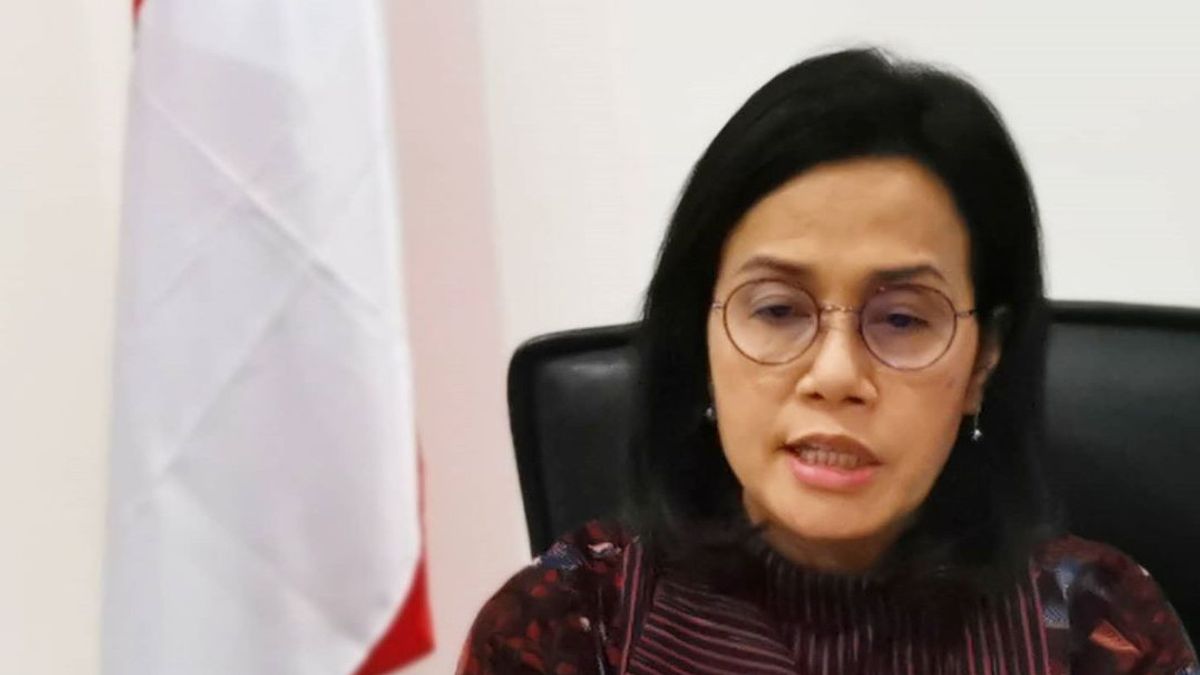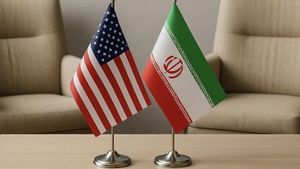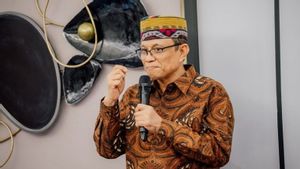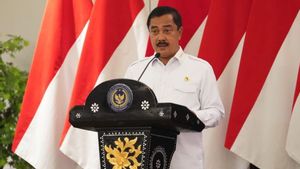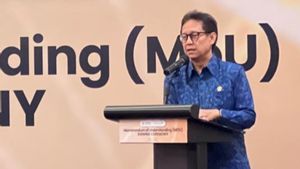JAKARTA - Minister of Finance Sri Mulyani said that the realization of the health budget expenditure of Rp. 87.5 trillion is still considered low and is not solely the responsibility of the Ministry of Health (Kemenkes). Because, according to him, the budget absorption is also for several fields.
Ani, as he is usually called, said the low absorption was also due to the long process of disbursement, because it was done in stages.
"So in this case there is a perception that the health budget has only been disbursed slightly, as if it is only the responsibility of the Ministry of Health. Actually not really," he said, a virtual press conference entitled 'Indonesia's Latest Economic Condition and Final Projections of 2020', Tuesday, 30 June.
According to Ani, not all of the health budgets were channeled through the Ministry of Health. The budget is also channeled through the task force for handling COVID-19 both nationally and regionally, and in the form of tax incentives for hospitals that handle pandemics.
"Some are shopping in the task force's place, some are in the Ministry of Health's place. There is also what we provide in the form of treatment for BPJS Kesehatan, so they can afford to pay for the hospital," he explained.
Furthermore, Ani emphasized that the steps in the health sector are a shared responsibility. This means that not only the Ministry of Health must be responsible but also the national and regional task forces.
The problem of the low absorption of the health budget for handling COVID-19 was first expressed by President Joko Widodo. At a cabinet meeting on June 18, Jokowi teased the ministers' poor performance in facing the pandemic.
One of the issues that Jokowi has raised is the low realization of the health budget, which has reached trillions of rupiah, for various pandemic management programs.
"In the health sector, it has budgeted IDR 75 trillion, only 1.53 percent has come out. The money circulating in the community is fake," said Jokowi.
Budget Usage DetailsThe state treasurer then details the allocation of the health budget. For example, for the purchase of Personal Protective Equipment (PPE) in the task force. Then, there is also the handling of BPJS Kesehatan in order to be able to pay hospital claims.
In addition, the budget is also provided in the form of direct tax incentives to hospitals for health services. So, Sri Mulyani said, calling this health spending a shared responsibility.
The complete details are IDR 65.8 trillion for COVID-19 handling spending, IDR 5.9 trillion for medical personnel incentives, IDR 300 billion for death benefits, IDR 3 trillion for BPJS Health National Health Insurance (JKN) contribution assistance, IDR 3.5 trillion for clusters. the task of COVID-19, and finally tax incentives in the health sector amounting to Rp9.05 trillion.
However, Sri Mulyani is committed to tracking the use of this budget so that it is more absorbed. Thus, the impact on social and economic recovery will be greater.
"We will be tracking, because if the spending can be used more to those who really need it, it will be better to overcome economic problems, especially in the health sector. So that the possibility of restoring socio-economic conditions is greater," he said.
The English, Chinese, Japanese, Arabic, and French versions are automatically generated by the AI. So there may still be inaccuracies in translating, please always see Indonesian as our main language. (system supported by DigitalSiber.id)
